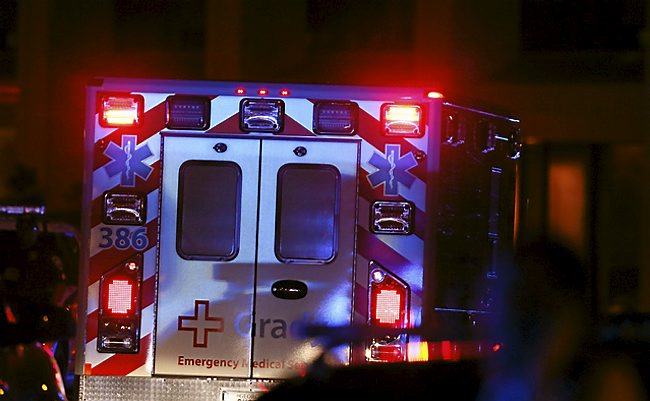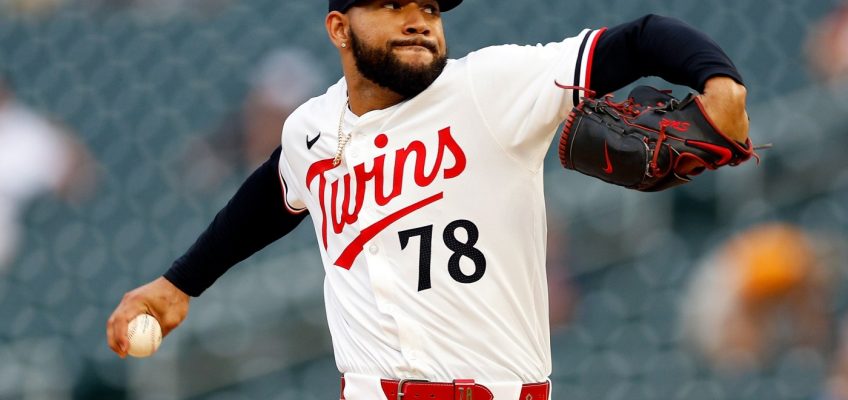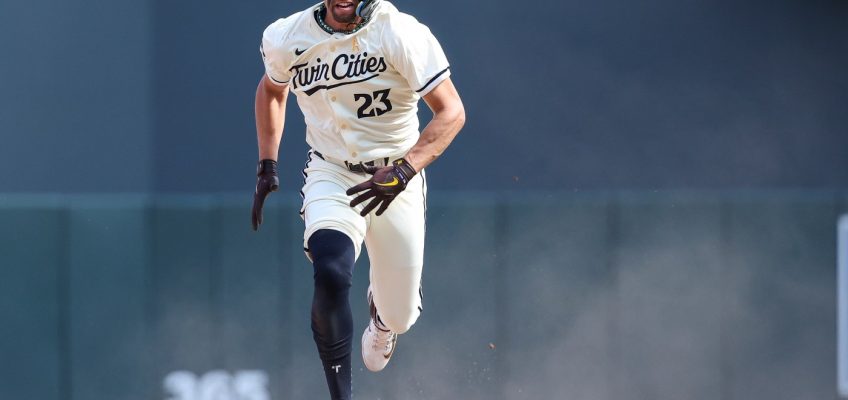Articles
Ideas on how to Enjoy Slingo Da Vinci Expensive diamonds | play inferno slot online no download
Best Web based casinos
Twice as much Enjoyable having Da Vinci Diamonds Dual Enjoy
Online Position Research: Sugar Hurry vs Pirots 2
Do you know the features of the fresh Da Vinci Expensive diamonds position video game?
Inside the a basic spin, you need three or more coordinating icons getting to the adjoining reels regarding the left to victory honours. Yet not, the brand new Da Vinci Expensive diamonds Masterworks casino slot games provides a rich range of extra has that work in their implies. Which play inferno slot online no download thing of beauty is inspired by Global Online game Tech, (IGT). Located in Reno, Vegas, IGT is one of the greatest-known builders out of harbors and you can online game to have house-based and online casinos. You could have fun with the Da Vinci Diamonds Masterworks harbors games to the Android-driven cell phones, iPhones, iPads and pcs.
Less than is an in depth book for Canadians performing actual-money enjoy. It’s a fabulous eyes, with quite a few in depth detail to your legendary images. You can enjoy in the portrait form or surroundings from the online casinos optimized to have cell phones, or twist the new reels for the Pcs, laptop computers, or other equipment. The first Da Vinci Diamonds on line position is still more popular regarding the series, but there are many other game centered on which slot. Da Vinci Diamonds Dualplay is a carbon dioxide content however with the brand new potential for an extra band of reels on the bonus round. Choose the betting home you want, the one that suits you best and while to experience have the best local casino promotions and you will incentives.
Ideas on how to Enjoy Slingo Da Vinci Expensive diamonds | play inferno slot online no download
A simple set of provides brings high-impact profitable possibility worth to $1 million from a single twist. Da Vinci Diamonds Masterworks, like many free ports which have added bonus rounds, has multiple extra provides. A lot of them are always energetic and can lead to anytime while in the the main online game. However some ones have to be activated from the getting a certain number of signs. Discover an idea of just how much you might victory, you can try the newest paytable below. If or not you fool around with the minimum otherwise restrict bet, the brand new icons will pay a similar.
In contrast, let’s talk about the dear stones for example amber, emerald, and you may ruby – the fresh icons which might be tend to missed. The brand new position game offers profits ranging from 80 in order to a hundred times the brand new wager, so it is a viable possibility to enhance your money. Tumbling reels get rid of effective signs, making it possible for new ones to-fall. It creates additional gains from one twist, enhancing the likelihood of successive winning combinations. Symbols such expensive diamonds and you can rubies apparently appear through the tumbles.
Score four icons to achieve 5000, next proliferate by pro’s picked line bet. Enjoy 88 Fortunes harbors from the Bally having totally free coins and you may 96% RTP for a bigger jackpot. All of our opinion include strategy, tips, paytable, wilds, and spread out icon meanings. Da Vinci Expensive diamonds is one of cherished slots out of IGT, making it not surprising that that people get a sequel – Da Vinci Diamonds Masterworks.
Only possibly, such as bonuses because the 100 percent free revolves can give a simple return on the your choice. The fundamental concept away from accruing advantages we have found not the brand new local casino bonuses however the structure of numerous vintage sketches and you can dear rocks combinations. The main go back price from the online game try fixed and remains in the 95.22%, that’s pleasant sufficient to your gambling enterprise invitees. Because of the large number of paylines that simply cannot end up being changed, actually quick payouts will be offered almost every time your launch the overall game.
After you to get one line your’ll be offered sometimes 97% or the 92%. The online harbors you get from IGT provide nothing lacking an informed when it comes to graphics, extra has, in addition to activity. You will find necessary a number of popular free slot video game to use out in 2025. They have been Midas Match, Temple out of Flames, In love Wizard, Bucks Eruption, and it is Wonders. You could potentially enjoy Da Vinci Diamond’s Twin Wager 100 percent free regarding the demo types of your own best web based casinos.
Another essential note to consider is the fact specific on the web gambling enterprises ban the brand new withdrawal of every profits from the extra. Gambling enterprises will get render it because the an excellent “no playthrough incentive” which works out a great deal but in routine, it’s not useful. Just what so it extremely function is that the bonus in fact keeps far below what is actually advertised. Although it are better than little, don’t end up being tricked by the huge quantity. A common tip to have online casino advertisements is that the much more attractive the newest campaign seems, the more mindful just be.
Only it occurs more seem to than simply a consistent jackpot extra.
The game provides a distinctive visual motif according to the Renaissance several months and the performs away from Leonardo Da Vinci.
Leading to the brand new Totally free Spins element needs obtaining about three spread out symbols; although not retriggering scatters isn’t feasible, during this round.
Best Web based casinos
Such as technicians will be humorous and valuable to the people who package to play enjoyment and you may people who’re competing to own larger rewards. It’s energizing observe a slot one to doesn’t stray from the theme, so it’s best for players whom enjoy a consistent, immersive experience. The brand new 100 percent free Revolves extra round are caused after you home about three or more Bonus Signs on the basic about three reels. You get half a dozen totally free spins first off, and in my personal feel it may be a bona fide game-changer. The fresh Tumbling Reels element is certainly an identify from Da Vinci Expensive diamonds, no less than for me.
Twice as much Enjoyable having Da Vinci Diamonds Dual Enjoy
It’s computed according to hundreds of thousands or even vast amounts of revolves, so the % is actually exact eventually, maybe not in a single example. A green jewel stands for the newest Wild, since the Scatters is actually private portraits of three ladies, for each and every a decorating by Da Vinci. Significantly, the brand new Scatter and you can Extra symbols is actually separate elements in the game play. Extra signs, concurrently, cause the brand new 100 percent free Spins incentive round.
Online Position Research: Sugar Hurry vs Pirots 2
But not, the brand new large 5,000x maximum multiplier are lucrative when compared with almost every other Highest 5 Games harbors. Davinci Expensive diamonds, having its Renaissance artwork motif and you will Tumbling Reels function, shows various on the web position video game available. The web gambling industry blends nostalgia having today’s technology, making sure there will be something for each and every player.
Do you know the features of the fresh Da Vinci Expensive diamonds position video game?
The video game is away from typical volatility, showing you to definitely earnings might not been frequently, however when they actually do, they’re generous. Which harmony helps to make the video game popular with a standard list of players – individuals who take advantage of the prospective from gains, and those who choose smaller however, more regular earnings. More greatest and you may popular position developed by IGT, Da Vinci Diamonds are a properly-understood (and you may better-liked) entry regarding the canon of vintage slot game. The initial look and you may graphics would not attract all the people however, that from an even more arty sensibility tend to delight in how exciting the newest games will be. There’s a maximum of 11 icons for the Da Vinci Diamond on the web slot video game.
At the same time, the fresh slot have average volatility, which means that a balance anywhere between frequent quicker victories, and sporadic big victories. The newest repaired jackpot from $25,000 and you may a betting directory of $0.20 so you can $2 hundred for each and every spinis are a supplementary bonus and you can attention to have a sort of professionals. Developed by the newest renowned designer IGT, Davinci Diamonds has been a partner favorite as the 2012. Determined from the amazing ways of Leonardo da Vinci, combined which have glossy jewels, the game provides one another immaculate image, and you can enjoyable feel for players. A demonstration type can be acquired to your all of our web page, where you could test it out for free of charge – zero download otherwise registration necessary. Realize our report on Davinci Expensive diamonds to learn more about the new video game.
We prompt your of one’s requirement for usually after the guidance to have responsibility and you will safe play whenever experiencing the on-line casino. For those who otherwise somebody you know has a gaming situation and you will wants let, label Gambler. In charge Gaming should always getting an outright top priority for everybody from us when viewing that it leisure hobby. If Scatter icon looks 3 times for a passing fancy range, it turns on the newest 100 percent free Revolves Extra feature, which provides your no less than six totally free spins and up to help you a total of three hundred. Ready yourself becoming dazzled from the visual appeal of the new Da Vinci Expensive diamonds slot machine game!




